更新时间:2025-09-24点击:8118

Professor of Clinical Laboratory Diagnostics, Director of the Clinical Laboratory Department, Renji Hospital
Introduction
In a quiet laboratory in Shanghai, Dr. Li Min peers into a microscope, her focus absolute. On the slide, a hidden world unfolds—a universe of microbes that are both infinitesimally small and immensely powerful. For Li Min, this isn’t just a job; it’s the front line of a lifelong battle, one that began not in a lab, but in the heartbreak of her childhood.
The Question That Became a Life’s Mission
Ask anyone who knew Li Min as a child, and they’ll tell you about her hero: her mother. A factory physician, her mother was a pillar of the community, always ready with a kind word and a healing hand. But in a tragic twist of fate, while caring for a worker, she contracted hepatitis C. In an era before effective treatments, the disease took her life.
The loss shattered Li Min’s world, but it also sparked a question that would define her: Why? Why was there no cure? How could something so small be so unstoppable? This grief-fueled curiosity set her on a path. She wouldn’t just become a doctor; she would become a detective of the microscopic world, determined to find the answers her mother never could.
Her journey began at a medical university in Qingdao. It was there she first encountered her future adversaries: pathogenic microbes. Looking through a microscope, she felt a strange mix of awe and determination. These were the invisible enemies she had vowed to understand. “It was like a high-stakes chess game,” she recalls, “against an opponent I couldn’t see but had to outmaneuver.”
Her quest for knowledge led her to Shanghai’s top hospitals for her graduate studies. She found more than just advanced labs; she found mentors who would shape her as both a scientist and a person. Her first mentor, Professor Ji Yuhua, was a perfectionist who taught her the discipline of science. “She was exacting,” Li Min says, “and she taught me that in research, there are no shortcuts. Every detail matters.”
Later, under the guidance of Professor Lü Yuan, she learned to think beyond the established rules. “He encouraged me to be bold,” she explains. “He gave me the confidence to ask the questions no one else was asking.” It was this blend of meticulous rigor and fearless curiosity that led to her first major research breakthroughs.
Hungry for new perspectives, Li Min took her skills to the United States and contributed her knowledge to an American lab. “I realized my work could have a global impact,” she says. “That was an exciting feeling.”
Now, back in Shanghai, Li Min is more than a scientist; she’s a bridge between cultures and disciplines. She carries the memory of her mother, the lessons of her Chinese mentors, and the innovative spirit of her American colleagues. Her story is a testament to the idea that the most profound discoveries often come from the most personal questions, and that hope for the future can be found, one tiny microbe at a time.

Revitalizing Laboratory Medicine at Renji Hospital
Upon returning to China, Li Min’s academic excellence earned national and municipal talent awards. She joined Renji Hospital’s Department of Laboratory Medicine as an academic leader, inheriting a department with untapped potential. Recognizing the urgent need for modernization, she embraced the directorship despite outdated infrastructure, technological gaps, and a critical talent shortage.
“At thirty, I’d never led a department,” Li Min reflects. “The pressure was immense: upgrading equipment, modernizing systems, and building a team from scratch. As the sole doctoral supervisor then, I knew collective effort was our only path forward.”
Undeterred, she prioritized talent cultivation, recruiting promising young physicians and researchers who rapidly became the department’s backbone. Today, her team features multiple doctoral and master’s supervisors—a testament to her investment in human capital. “Talent drives breakthroughs,” she asserts. “An exceptional team enables both research innovation and clinical excellence.”
Under her guidance, Renji’s laboratory transformed into a research powerhouse. Focusing on region-specific pathogens, her team secured dozens of National Natural Science Foundation grants and earned over 10 national/provincial talent awards. “Foreign findings couldn’t address China’s unique disease patterns,” Li Min explains. “Our multicenter studies revealed local pathogen epidemiology, directly informing clinical treatment.”
Simultaneously, she championed ISO 15189 accreditation—a rigorous international quality standard. “The peer-review process forced us to optimize every workflow,” she notes. “Achieving full quality control elevated patient trust, clinician satisfaction, and our industry reputation.”

Bridging Laboratory and Clinical Practice
Li Min redefined the lab’s role beyond data provision. Through training and seminars, her team empowered clinicians to interpret complex results, transforming lab reports into diagnostic tools. Collaborative studies with departments like Gastroenterology and Otolaryngology explored gut microbiota’s impact on liver function and nasal microbes in rhinitis.
“Multidisciplinary work is transformative,” she says. “Clinicians help us grasp disease complexity; we provide biomarker insights. This synergy expands therapeutic possibilities.”
To strengthen patient-clinician connections, she launched a laboratory consultation service. Though lab physicians lack prescribing authority, they now explain test results in accessible terms. “Fluctuations in indicators like liver function can stem from diet, herbs, or even menstrual cycles,” Li Min illustrates. “We teach clinicians and patients to analyze trends, not isolated values.”
Embracing technological evolution, she integrated AI and big data to handle increasingly complex diagnostics. “Algorithms enable faster, more precise interpretations,” she observes. “This is the future of data-driven medicine.”
Internationally, Li Min’s leadership forged partnerships like the NIH collaboration on Clostridioides difficile infections, amplifying the department’s global influence. “Cross-border exchanges introduce new perspectives,” she emphasizes. “They sharpen our ability to navigate diagnostic complexities.”
Today, Renji’s laboratory stands as an industry leader—a foundation for future medical progress. Reflecting on her journey, Li Min credits collective synergy: “When lab and clinical teams unite, we don’t just advance medicine—we safeguard public health.”

Cultivating Excellence——Mentorship, Wellness, and Vision
“Passion fuels sustainable research,” Li Min often tells her team. “When curiosity drives discovery—not just career demands—the journey becomes fulfilling. I encourage young researchers to pursue what genuinely ignites them; enthusiasm is the compass for long-term impact.”
Li Min’s mentorship centers on two pillars:
Authentic Purpose: She believes intrinsic motivation—not external pressure—sustains scientific rigor. “Only genuine interest transforms challenges into breakthroughs.”
Unwavering Integrity: “Research demands absolute honesty. Data integrity isn’t negotiable; it’s our covenant with society. Every finding must withstand scrutiny.”
She empowers early-career professionals to identify their unique strengths: “Confidence grows when we align talent with purpose. Whether in clinical care, research, or translational medicine, every role needs specialists who own their expertise.”
Balancing research, teaching, and leadership, Li Min champions physical wellness as foundational to professional excellence:
“Weekly exercise isn’t self-indulgence—it’s strategic. It sharpens my focus, builds resilience, and sustains the energy required to solve complex problems. A sound mind needs a sound body.”
Li Min’s philosophy transcends individual achievement.
“I’m driven by the field’s evolution, not personal accolades. My ambition is simple: to keep pushing boundaries—whether through innovative diagnostics or unraveling scientific mysteries—and empower others to do the same.”
Her approach—blending ethical rigor, holistic self-care, and collaborative vision—inspires a new generation to redefine excellence in laboratory medicine.
Editor: Chen Qing @ ShanghaiDoctor.cn
If you'd like to contact to Dr. Li, you can contact us at the email of chenqing@ShanghaiDoctor.cn
Note: Chinese Sources from “The Path of Benevolent Medicine” which was published in 2024. It records 90 important medical figures in the history of Renji Hospital. Yewen Renyi (ShanghaiDoctor.cn) team was one of the major writers of the book and is authorized by Renji hospital to create English version on the website of ShanghaiDoctor.cn
Hospital: Renji Hospital, Shanghai Jiao Tong University School of Medicine
Dr. Zou Shien | A Physician’s Mission in Gynecological World
Dr. Bao Shihua | Where Dreams Begin from Reproductive Immunology
Dr. Yang Zhigang | The Art of the Healer: Between the Brush and the Brain
Dr. Cai Junfeng | Guarding Bone and Joint Health, Improving Quality of Life
Dr. Xu Xiaosheng|The Gentle Resilience of a Male Gynecologist
Dr. Shi Hongyu | A Cardiologist with Precision and Compassion
Dr. Zhang Guiyun|The Inspiring Path of a Lifesaving Physician
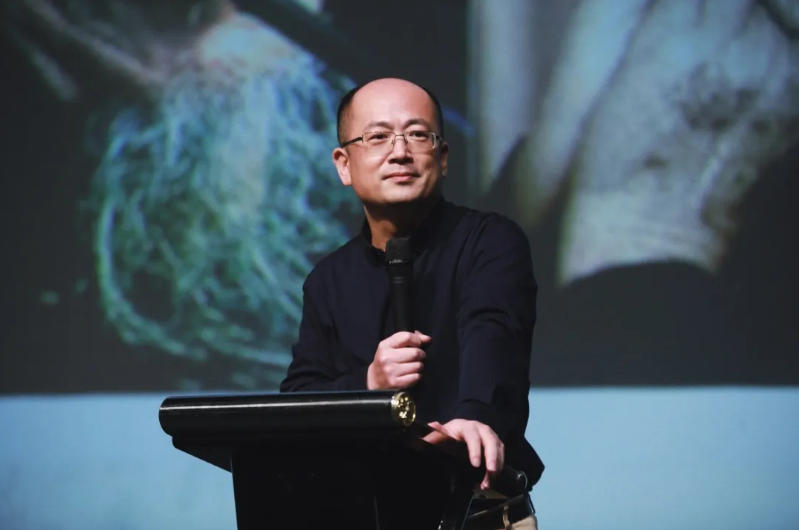
Dr. Zou Shien | A Physician’s Mission in Gynecological World
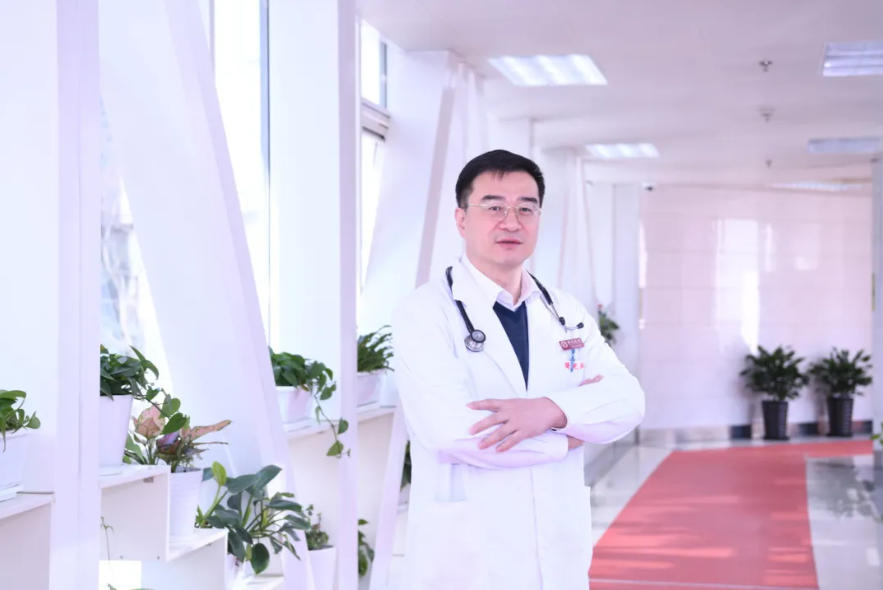
Dr. Cui Song | Healing the Heart, in Every Sense
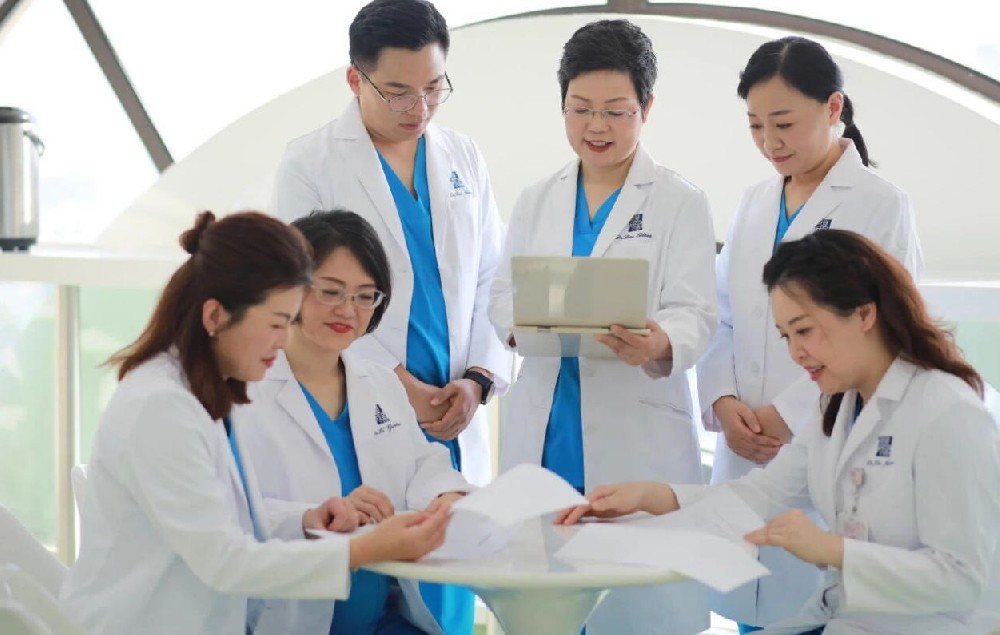
Dr. Bao Shihua | Where Dreams Begin from Reproductive Immunology
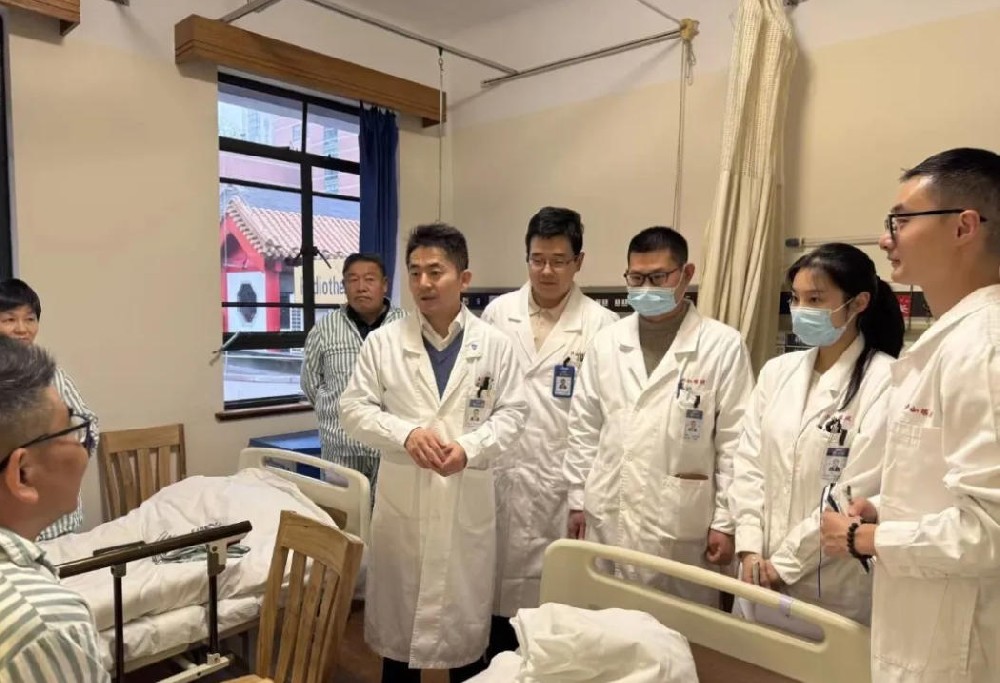
Dr. Yang Zhigang | The Art of the Healer: Between the Brush and the Brain
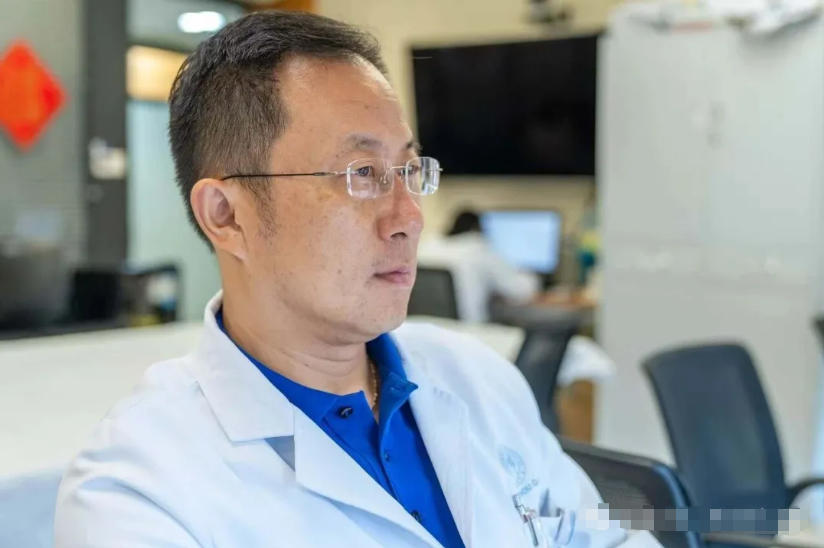
Dr. Zhou Qianjun | Sculpting Life in the Chest
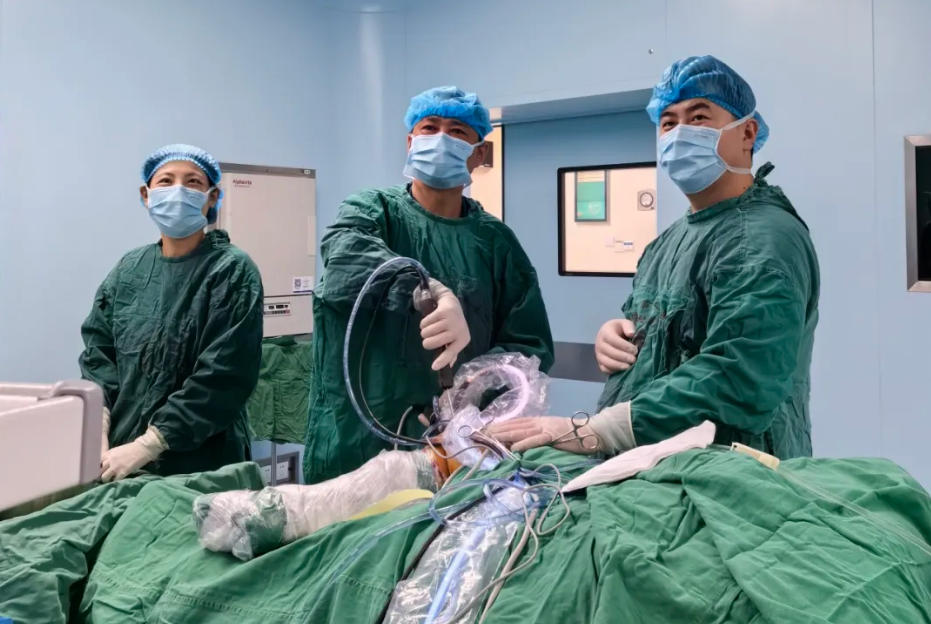
Dr. Cai Junfeng | Guarding Bone and Joint Health, Improving Quality of Life
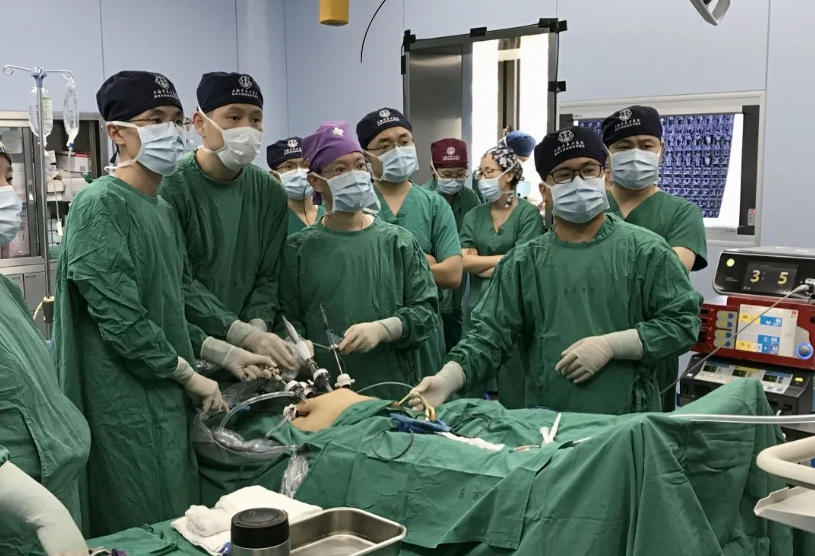
Dr. Cui Xingang | The Medical Dream of a Shanghai Urologist

Dr. Xu Xiaosheng|The Gentle Resilience of a Male Gynecologist

Dr. Shi Hongyu | A Cardiologist with Precision and Compassion

Dr. Zhang Guiyun|The Inspiring Path of a Lifesaving Physician